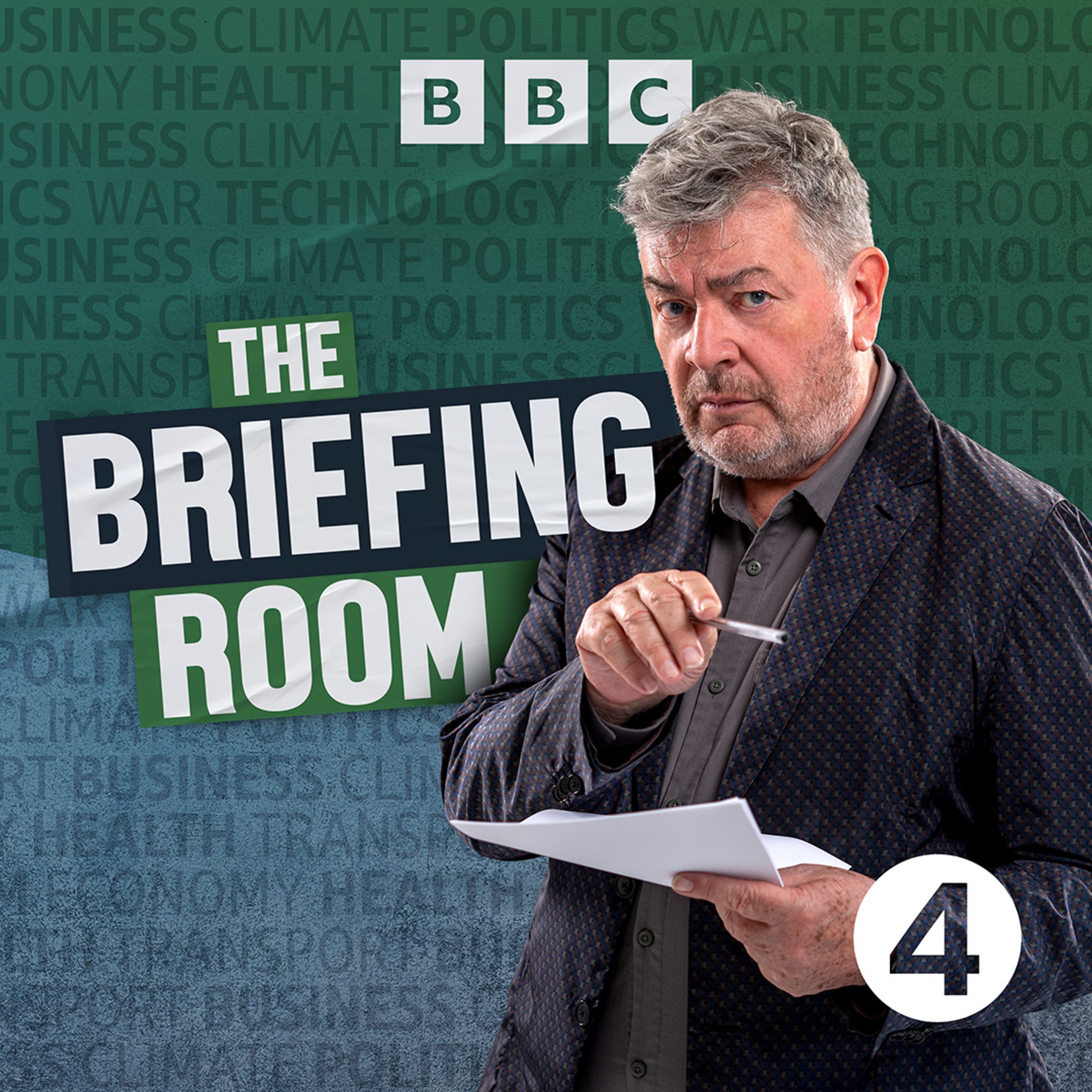
What are rare earths and why does everyone want them?

The Briefing Room
Deep Dive
Shownotes Transcript
President Trump has signed a minerals deal with Ukraine, which will give the US access to some of Ukraine’s natural resources. The US president also said he’d like to take over Greenland and even Canada. Why? Well one reason may well be the rare earths and critical minerals found there. Critical minerals are vital for almost every industry from the manufacturing of computers to fighter jets. But in recent years the rise of green technologies has been fuelling demand for minerals used to make batteries for electric cars and other renewable infrastructure. One country dominates the minerals market - China - which has repercussions for the rest of the world, including the US. David Aaronovitch and guests discuss what and where these minerals are, why everyone wants them and how the rest of the world can compete with China.
Guests:
Ellie Saklatvala, Head of Nonferrous Metal Pricing, Argus, a provider of market intelligence for the global commodity markets. Henry Sanderson, author of ‘Volt Rush, the Winners and Losers in the Race to Go Green’ and Associate Fellow at the Royal United Services Institute Sophia Kalantzakos, Global Distinguished Professor in Environmental Studies and Public Policy at New York University in Abu Dhabi and the author of 'China and the Geopolitics of Rare Earths' Olivia Lazard, a senior fellow affiliated with the think tank, Carnegie Europe and Berggruen Institute
Presenter: David Aaronovitch Producers: Caroline Bayley, Nathan Gower and Kirsteen Knight Production co-ordinator: Gemma Ashman Sound engineer: David Crackles Editor: Richard Vadon